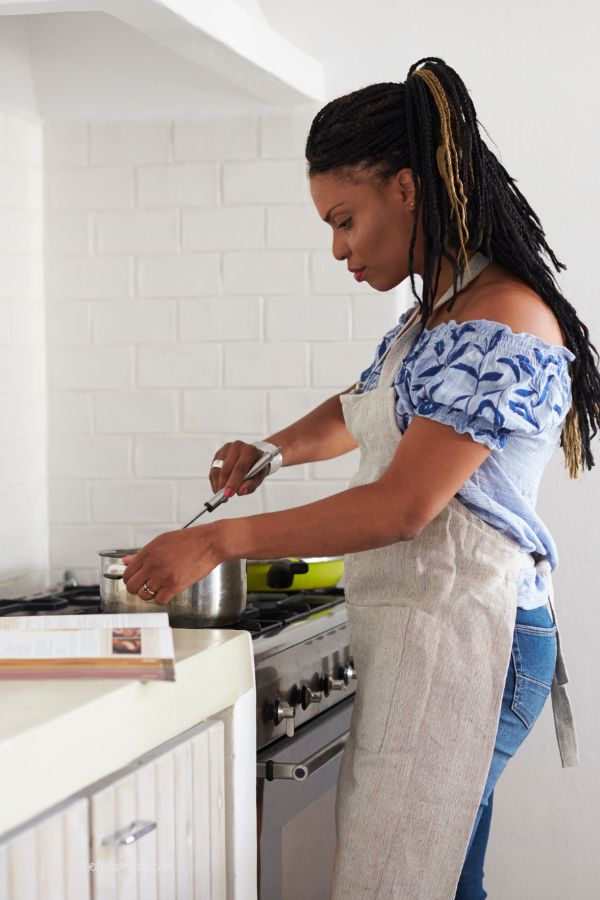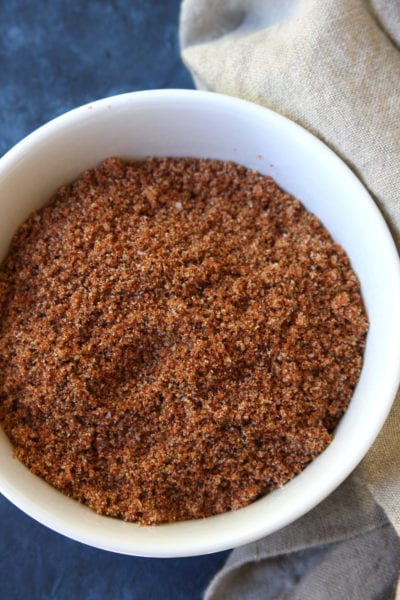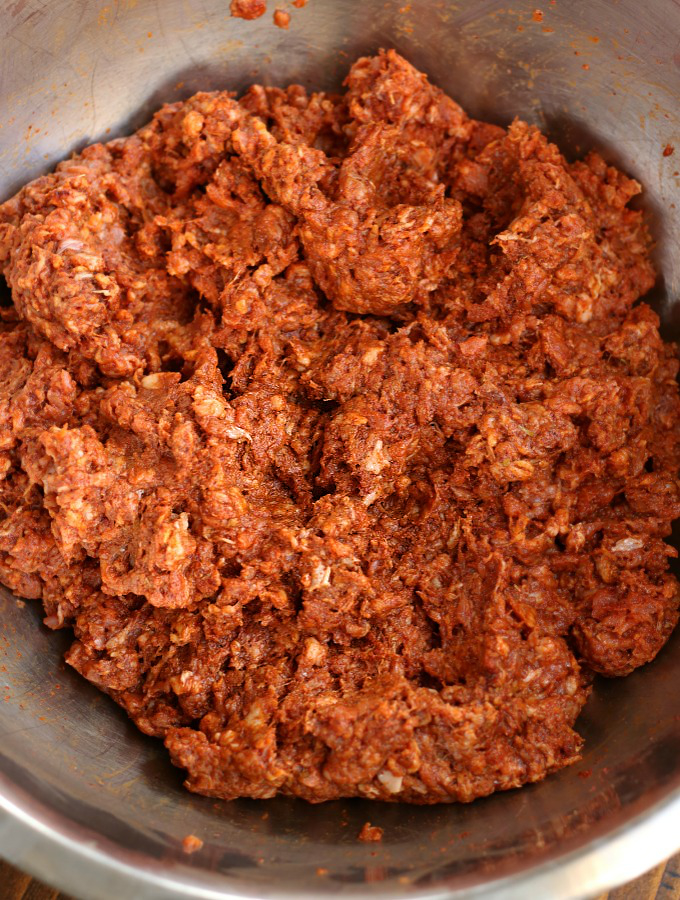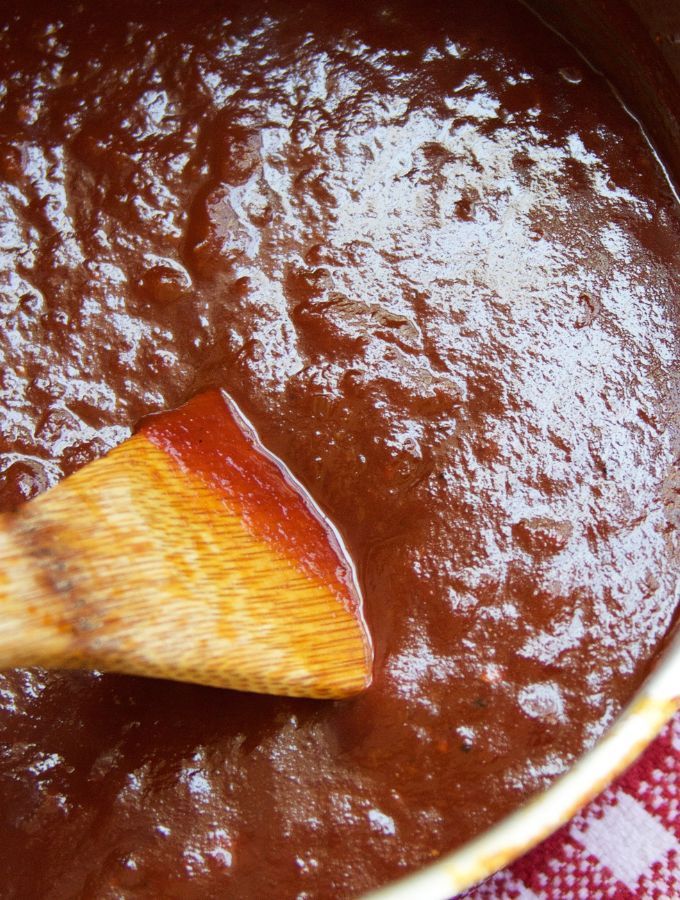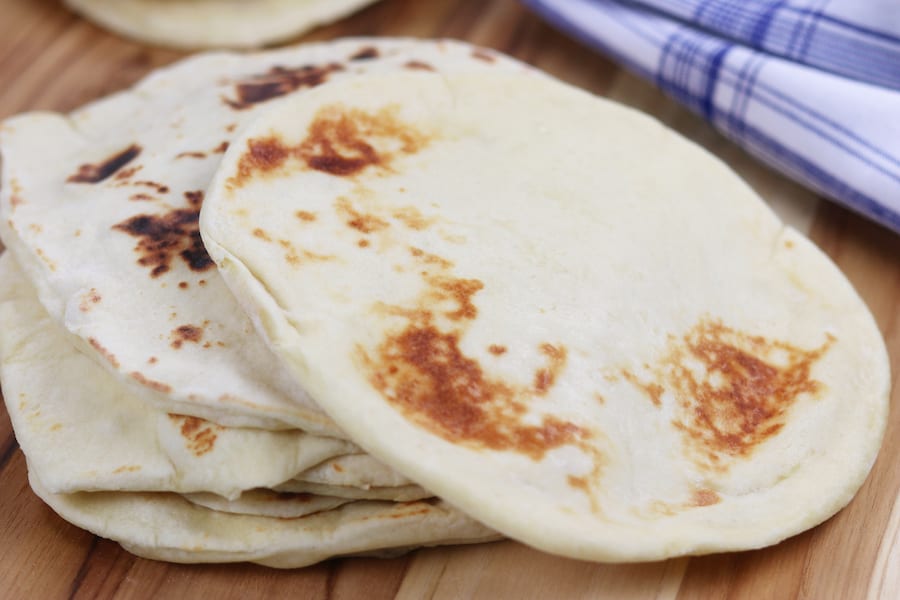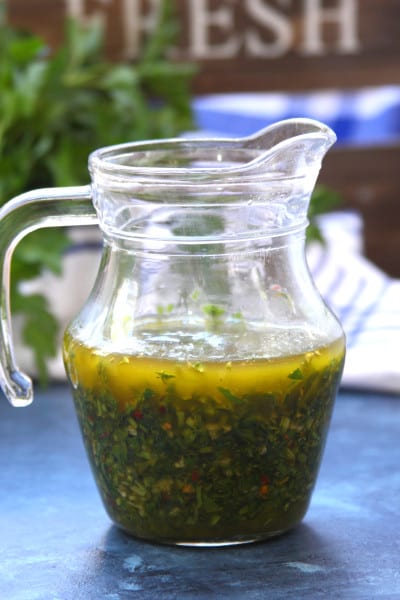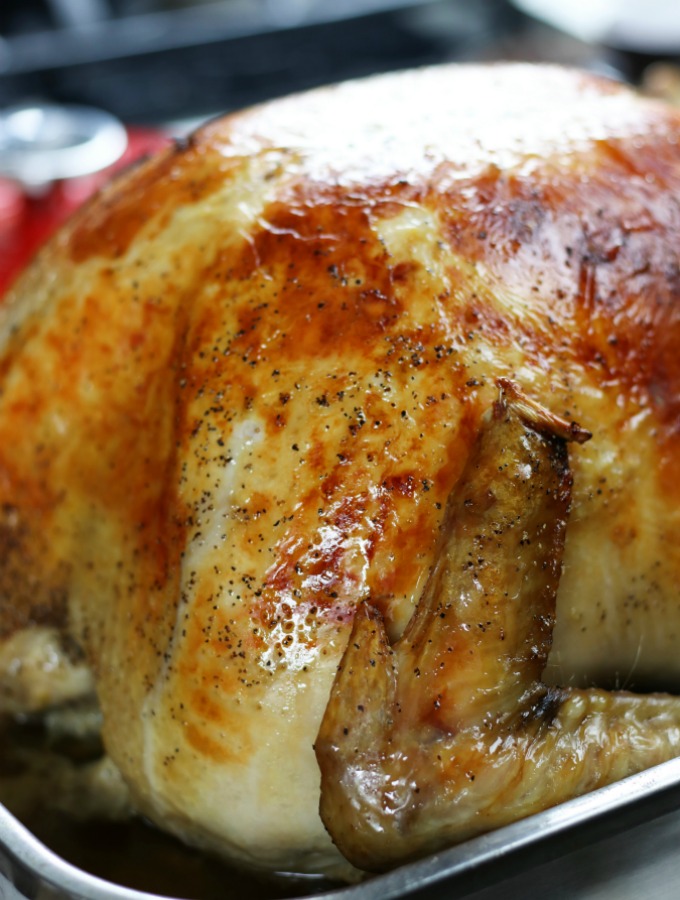6 Beginner Cooking Tips That Actually Work
These beginner cooking tips can make all the difference when you want to cook delicious meals at home but feel overwhelmed about where to start. If that sounds familiar, you’re definitely not alone.
The idea of cooking from scratch is very appealing. However in practice, it can feel confusing, time consuming, and a little intimidating, especially when you are new to it. The good news is it does not have to be perfect, and you do not have to figure it all out at once. These simple, encouraging tips are here to help you get started with more confidence and a whole lot less stress.
This post may contain affiliate links, meaning I earn a small commission if you make a purchase—at no extra cost to you. Additionally, AI was used to assist with spelling, grammar, sentence clarity, and creative brainstorming.
Start Slow: A Beginner Cook’s Secret to Feeling More Confident
One of the biggest mistakes new cooks make is trying to do too much, too soon. Cooking from scratch is a skill, and like any skill, it builds over time. Starting slow allows you to focus on one new recipe, technique, or ingredient at a time, without the pressure of getting everything perfect.
Instead of jumping into complicated meals or multitasking multiple dishes, try making one simple recipe and really paying attention to each step. Notice how the ingredients change as they cook, how flavors come together, and how your confidence builds each time you finish a meal. That’s where the magic happens.
You don’t need to rush. In fact, taking it slow is often what helps beginner cooks become confident home cooks over time. One of the best ways to start is by choosing a recipe that’s simple, comforting, and completely doable, like my Lemon Ricotta Pasta.
You Don’t Have to Cook Every Day to Be a Great Home Cook
One of the biggest misconceptions new cooks have is that they need to make every single meal from scratch to “count” as a real home cook. But the truth is, building cooking skills doesn’t require a seven-night-a-week commitment.
Life is busy, and rest is important. Some weeks, cooking two or three times is more than enough. What matters most is building consistency over time, not perfection every day. Leftovers, planned takeout nights, or even a no-cook dinner can all be part of a balanced, real-life approach to home cooking.
One of the most important beginner cooking tips to remember is that you do not have to do it all. Give yourself permission to take breaks. You are still learning, growing, and feeding yourself and that absolutely counts.

Start with Recipes You’re Excited About (Not What You Think You Should Cook)
When you’re just starting out, it’s easy to fall into the trap of thinking you should cook certain meals. This may be because they’re trendy, healthy, or what “real cooks” are supposed to make. But here’s the secret: the best place to begin is with recipes that genuinely excite you.
Cooking something you’re craving or curious about makes the process more enjoyable and gives you a built-in sense of motivation. Whether it’s a cozy pasta dish, a childhood favorite like Sloppy Joes, or even something sweet like Classic Strawberry Shortcake, starting with what you love makes it much easier to stay engaged and build momentum.
Forget the pressure to be impressive or perfectly balanced. If you’re excited to cook it, that’s the right place to start.
Read the Recipe First and Look Up Any Cooking Terms You Don’t Know
It might sound obvious, but this is one of the most powerful beginner cooking tips. Taking a few minutes to read the full recipe before you start cooking can make a huge difference. It helps you understand the flow, spot any unfamiliar steps, and avoid surprises halfway through.
If you come across a word you don’t know, like sauté, deglaze, or fold, pause and look it up. A quick search or short video can save a lot of frustration and help you feel more confident in the moment. There’s no shame in not knowing; even experienced cooks still look things up.
In fact, even as a seasoned cook of over 40 years, I sometimes read through a recipe days in advance just to prepare. It’s not about memorizing, it’s about setting yourself up for success.
Think of the recipe as your roadmap. The more familiar you are with the directions, the smoother the journey will be.
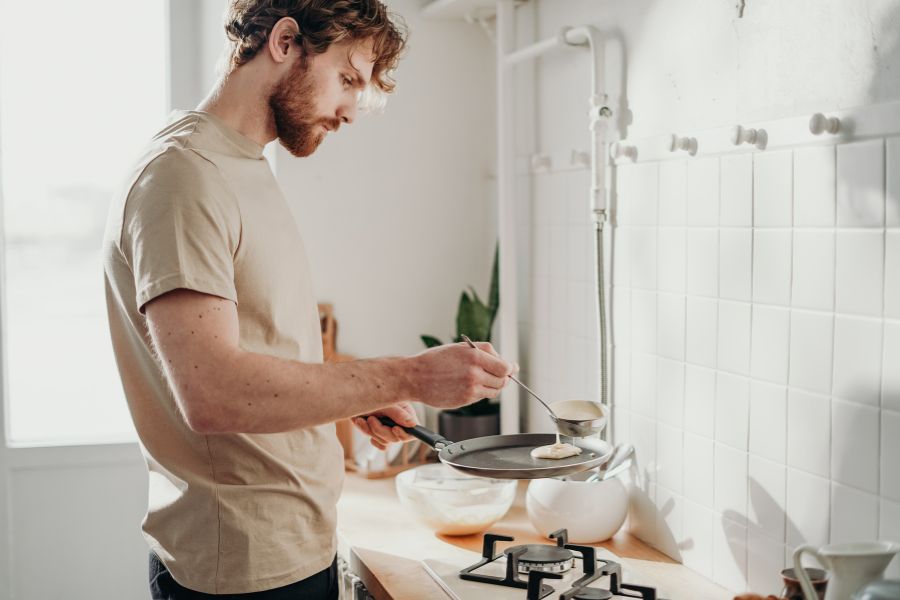
Mistakes Happen: It’s How You Learn to Cook From Scratch
One of the biggest mindset shifts for beginner cooks is accepting that mistakes are not failures, they’re how you learn. Burnt toast, undercooked pasta, too much salt… we have all been there. Every experienced home cook has a long list of flops that eventually led to success.
And here’s the truth: even after decades in the kitchen, I still make mistakes. If I’m tired, stressed, or just not that interested in cooking that day, something usually goes sideways. It’s completely normal. Cooking is part skill, part mood, and part practice.
The key is to keep going. Laugh it off when you can, learn what you can, and remember that every meal, perfect or not, is part of your growth as a home cook.
How to Build Up Your Cooking Tools and Pantry Without Getting Overwhelmed
You do not need a perfectly stocked kitchen to start cooking from scratch. In fact, trying to buy every gadget, spice, and ingredient all at once can be both expensive and exhausting. The good news is that you can build up your tools and pantry slowly as you go.
Start with the basics you will use most often: a sturdy cutting board, a good knife, a few pots and pans, olive oil, salt, pepper, and a handful of versatile spices. As you try new recipes, you will naturally add what you need. Maybe it is a whisk, a microplane, or a jar of smoked paprika. Let your cooking habits guide your purchases.
There is no rush to have everything right away. The best kitchens are built one meal, one tool, and one ingredient at a time.

